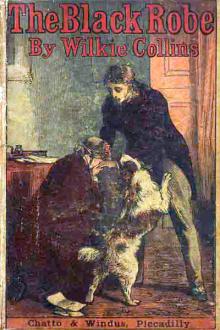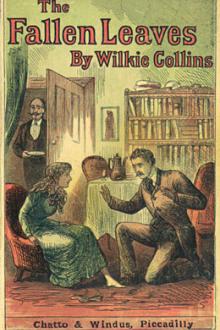Antonina
Antonina
or, The Fall of Rome
A romance of the fifth century, in which many of the scenes described in the 'Decline and Fall of the Roman Empire ' are reset to suit the purpose of the author. Only two historical personages are introduced into the story,— the Emperor Honorius, and Alaric the Goth; and these attain only a secondary importance. Among the historical incidents used are the arrival of the Goths at the gates of Rome, the Famine, the last efforts of the besieged, the Treaty of Peace, the introduction of the Dragon of Brass, and the collection of the ransom,— most of these accounts being founded on the chronicles of Zosimus. This book does not show the intricacy of plot and clever construction of the author's modern society stories; but it is full of action, vivid in color, and sufficiently close to history to convey a dramatic sense of the Rome of Honorius and the closing-in of the barbarians.
Book Excerpt
e time, the appearance of verisimilitude
necessary to an historical romance might, he imagined, be successfully
preserved by the occasional introduction of the living characters of the
era, in those portions of the plot comprising events with which they had
been remarkably connected.
On this plan the recent work has been produced.
To the fictitious characters alone is committed the task of representing the spirit of the age. The Roman emperor, Honorius, and the Gothic king, Alaric, mix but little personally in the business of the story--only appearing in such events, and acting under such circumstances, as the records of history strictly authorise; but exact truth in respect to time, place, and circumstance is observed in every historical event introduced in the plot, from the period of the march of the Gothic invaders over the Alps to the close of the first barbarian blockade of Rome.
CHAPTER 1.
CHAPTER 2.
Editor's choice
(view all)Popular books in Fiction and Literature, History
Readers reviews
0.0
LoginSign up
Be the first to review this book

 Free Download
Free Download


































